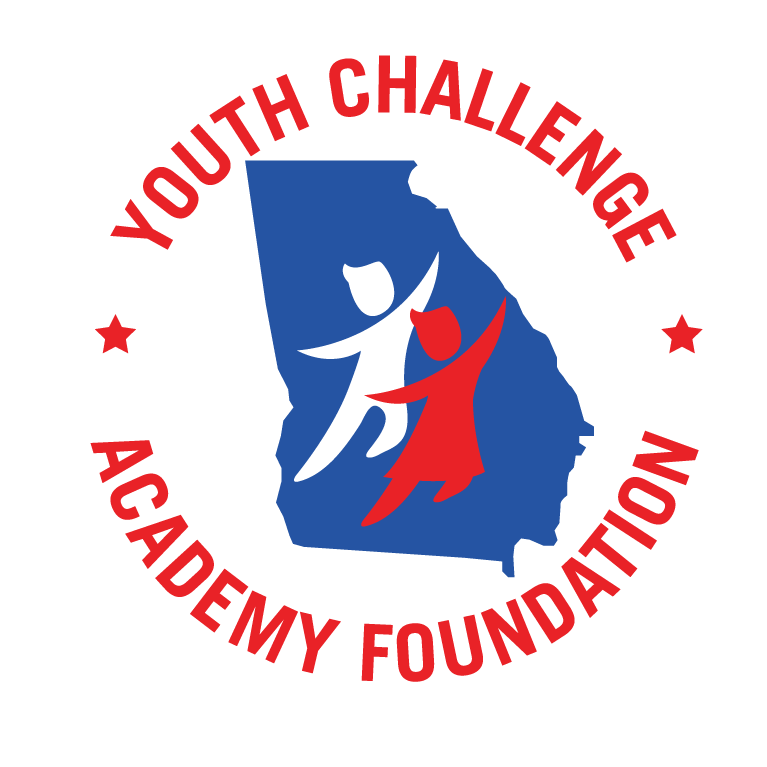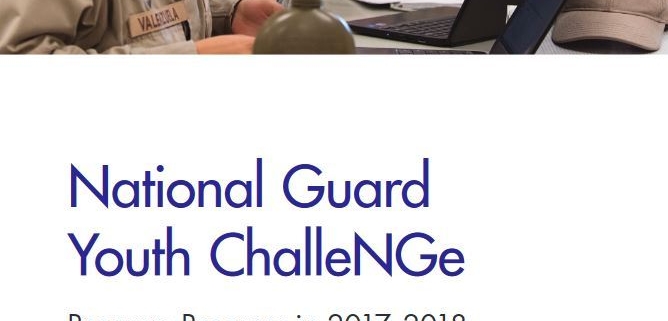National Guard Youth ChalleNGe Program Progress in 2017-2018
The National Guard Youth ChalleNGe program is a residential, quasi-military program for youth ages 16 to 18 who are experiencing difficulty in traditional high school. This report covers the program years 2017–2018 and is the third in a series of annual reports that RAND researchers will issue over the course of a research project spanning September 2016 to June 2020. The first and second National Guard Youth ChalleNGe Annual Reports cover program years 2015–2016 and 2016–2017, respectively, and can be found on the RAND website (Wenger et al., 2017; Wenger, Constant, and Cottrell, 2018). A fourth annual report, which will cover program years 2018–2019, will be released early in fiscal year 2020.
Each annual report documents the progress of participants who entered ChalleNGe during specific program years and then completed the program. A focus of RAND’s ongoing analysis of the ChalleNGe program is collecting data in a consistent manner. Based on these data, each report also includes trend analyses. In the present report, we provide information in support of the National Guard Youth ChalleNGe Program’s required annual report to Congress. In addition to information on participants who entered the ChalleNGe program and completed it in 2017, we include follow-up information on those who entered the program and completed it in 2016, as well as an update on our work to develop metrics to improve program effectiveness. Finally, we describe other ongoing research efforts to support the ChalleNGe program (these efforts will be detailed in future reports). Methods used in this study include site visits, collection and analysis of quantitative and qualitative data, literature reviews, and development of tools to assist in improving all program metrics—for example, a program logic model. Caveats to be considered include documented inconsistencies in reported data across sites, our focus on those who completed the program and not all participants, and the short-run nature of many of the metrics reported here.
This report will be of interest to ChalleNGe program staff, personnel providing oversight for the program, and policymakers and researchers concerned with designing effective youth programs or determining appropriate metrics by which to track progress in youth programs.
This research was sponsored by the Office of the Assistant Secretary of Defense for Manpower and Reserve Affairs and conducted within the Forces and Resources Policy Center of the RAND National Defense Research Institute, a federally funded research and development center sponsored by the Office of the Secretary of Defense, the Joint Staff, the Unified Combatant Commands, the Navy, the Marine Corps, the defense agencies, and the defense Intelligence Community. For more information on the RAND Forces and Resources Policy Center, and to view the full report, click HERE.



